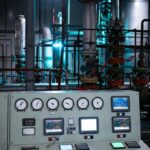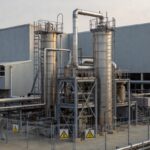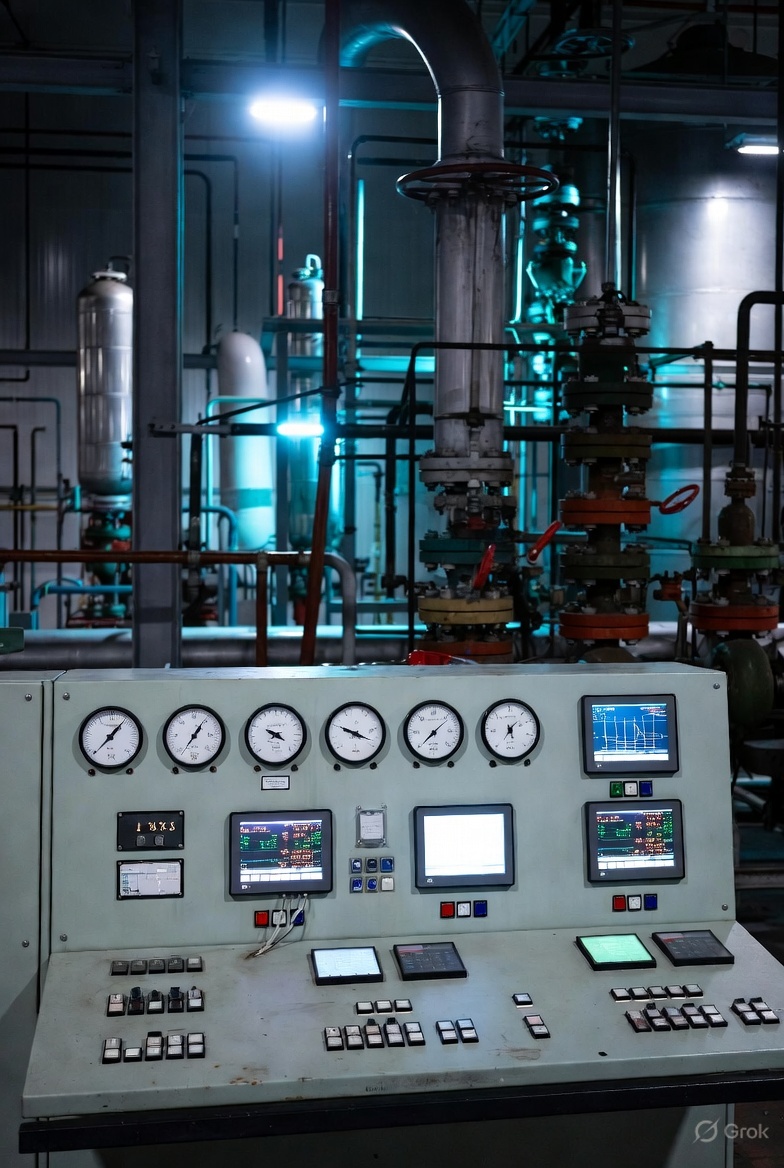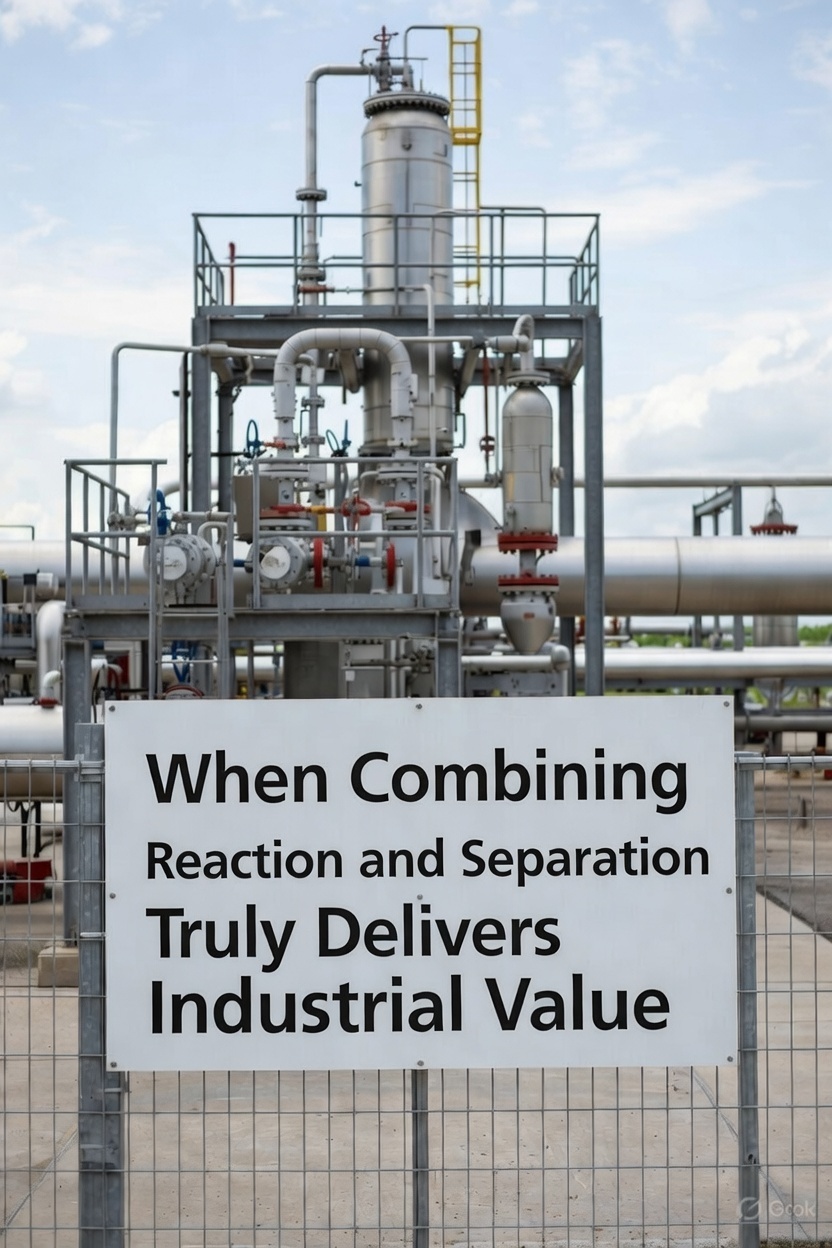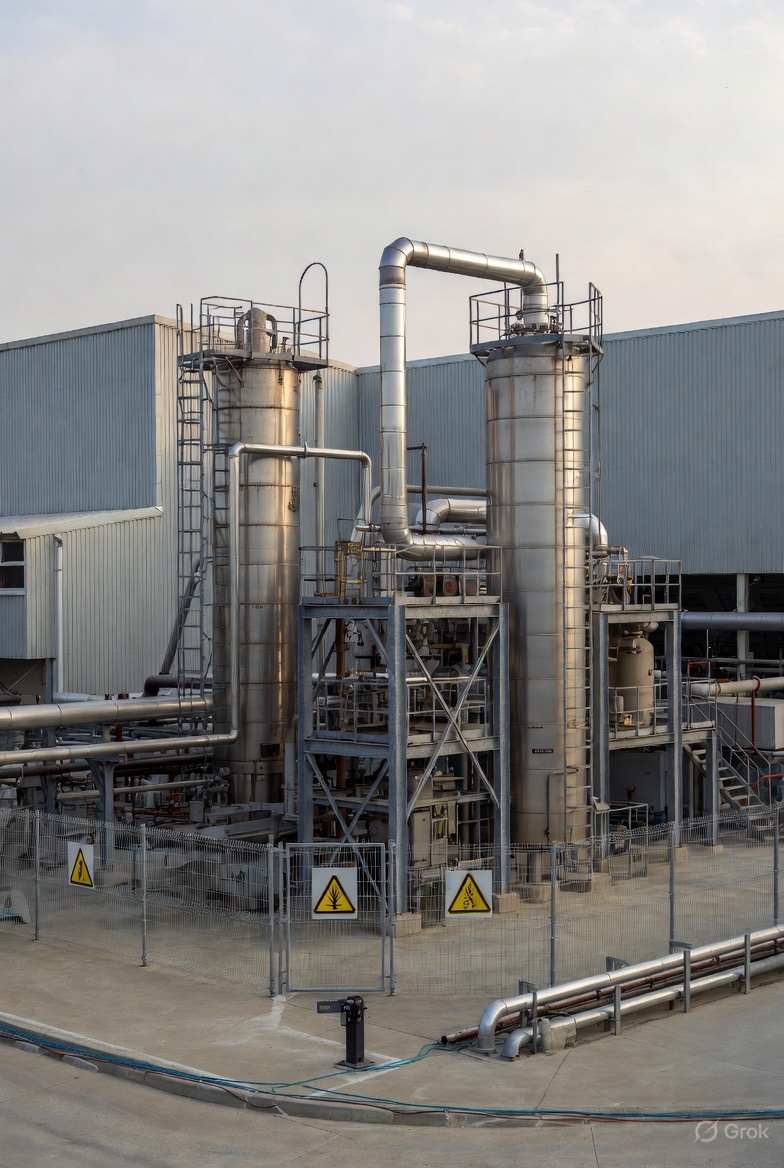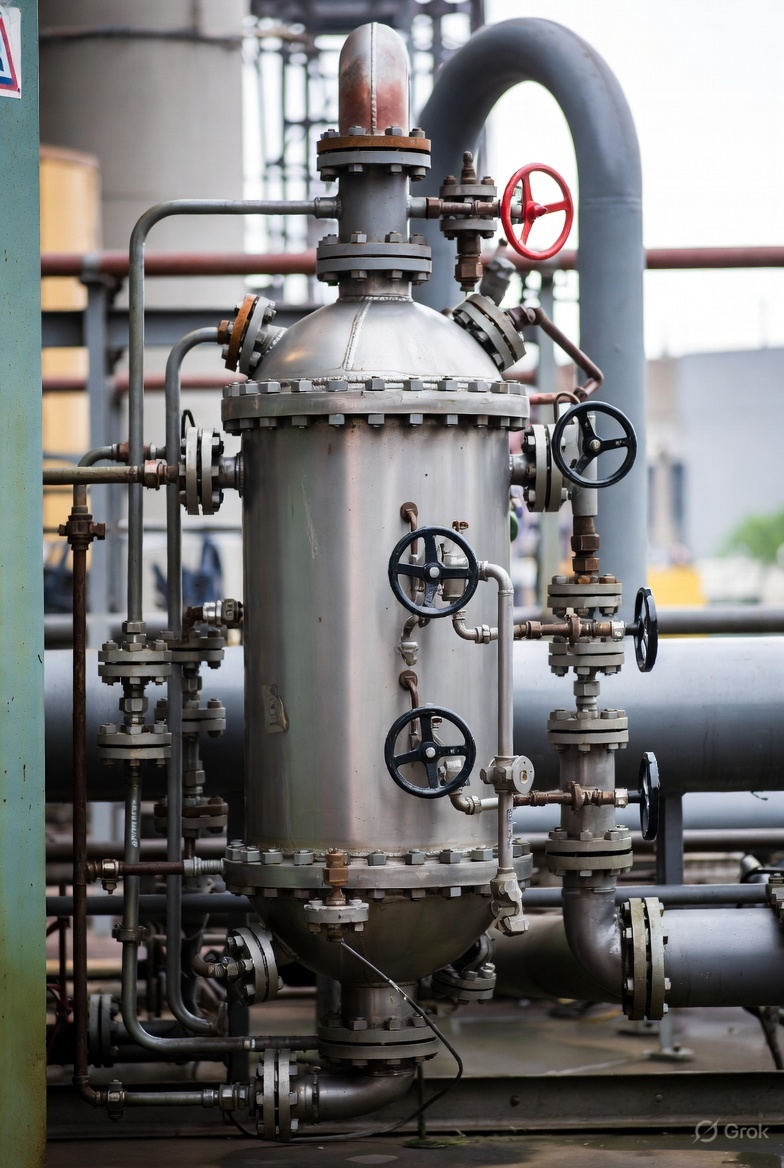Introduction:
In the dynamic landscape of chemical engineering, the integration of advanced technologies is reshaping traditional practices, fostering efficiency, and enhancing safety. Among these innovations, smart sensors and process monitoring systems have emerged as crucial components, empowering engineers to gather real-time data, optimize processes, and ensure precision in industrial operations. This article delves into the transformative role of smart sensors and process monitoring in chemical engineering, exploring how these technologies are revolutionizing the field.
The Evolution of Smart Sensors:
Smart sensors represent a leap forward from traditional sensors by incorporating intelligent functionalities that go beyond simple data collection. In chemical engineering, these sensors are equipped with computational capabilities, communication protocols, and the ability to adapt to changing conditions. Their deployment is integral to the broader framework of process monitoring, contributing to a more responsive and efficient industrial landscape.
Real-Time Data Acquisition:
One of the primary advantages of smart sensors is their ability to provide real-time data on various parameters within a chemical process. Temperature, pressure, flow rates, and chemical concentrations can be monitored instantaneously, allowing engineers to make informed decisions promptly. This real-time insight is invaluable for maintaining optimal process conditions, preventing deviations, and ensuring product quality.
Enhancing Process Control:
Smart sensors are instrumental in advancing process control strategies. With the integration of feedback loops, these sensors enable automated adjustments to process variables based on the real-time data received. This level of precision ensures that chemical processes operate within specified parameters, minimizing variations and enhancing overall efficiency.
IoT and Connectivity:
The Internet of Things (IoT) has further amplified the capabilities of smart sensors in chemical engineering. These sensors are now part of interconnected networks, facilitating seamless communication between devices and systems. This connectivity allows for centralized monitoring, remote operation, and the ability to gather comprehensive data from multiple points within a facility.
Predictive Maintenance:
Smart sensors contribute to predictive maintenance practices by continuously monitoring equipment health. By analyzing data trends and detecting anomalies, these sensors can predict potential equipment failures before they occur. This proactive approach reduces downtime, extends equipment lifespan, and ultimately improves the reliability of chemical manufacturing processes.
Safety and Environmental Compliance:
Ensuring the safety of industrial processes and compliance with environmental regulations is paramount. Smart sensors play a pivotal role in continuously monitoring for hazardous conditions, emissions, and leaks. In the event of deviations from safety standards, these sensors trigger alarms and, in some cases, can initiate automatic shutdown procedures, mitigating risks and minimizing environmental impact.
Case Studies in Smart Sensor Applications:
Smart Sensors in Batch Processes:
Smart sensors have been employed in batch processes to optimize reaction conditions, track reactant concentrations, and facilitate precise timing for process transitions. This has led to improved product yields and reduced production times.
Continuous Flow Processes:
In continuous flow processes, smart sensors monitor flow rates, detect variations, and ensure consistent product quality. This level of control has proven instrumental in scaling up production while maintaining efficiency.
Future Prospects:
The trajectory of smart sensors and process monitoring in chemical engineering is poised for continual growth. The integration of artificial intelligence and machine learning algorithms holds the promise of more advanced predictive capabilities, enhanced anomaly detection, and adaptive process optimization.
Conclusion:
Smart sensors and process monitoring are at the forefront of the digital transformation in chemical engineering. By providing real-time data, enabling precise control, and contributing to safety and sustainability, these technologies are revolutionizing the way chemical processes are conducted. As the industry continues to embrace smart sensor innovations, it not only enhances operational efficiency but also paves the way for a safer, more responsive, and environmentally conscious future in chemical manufacturing.

